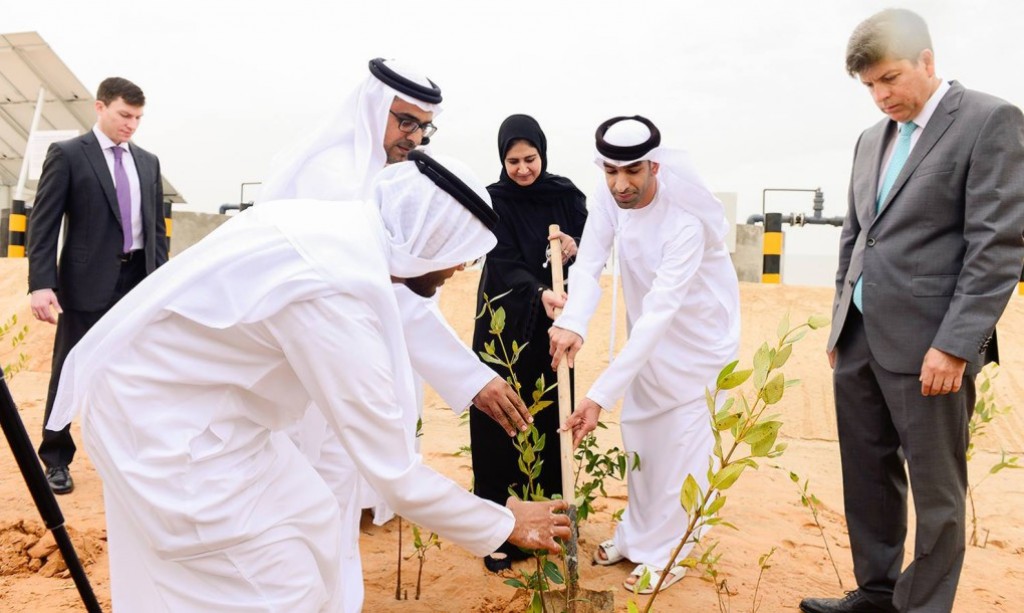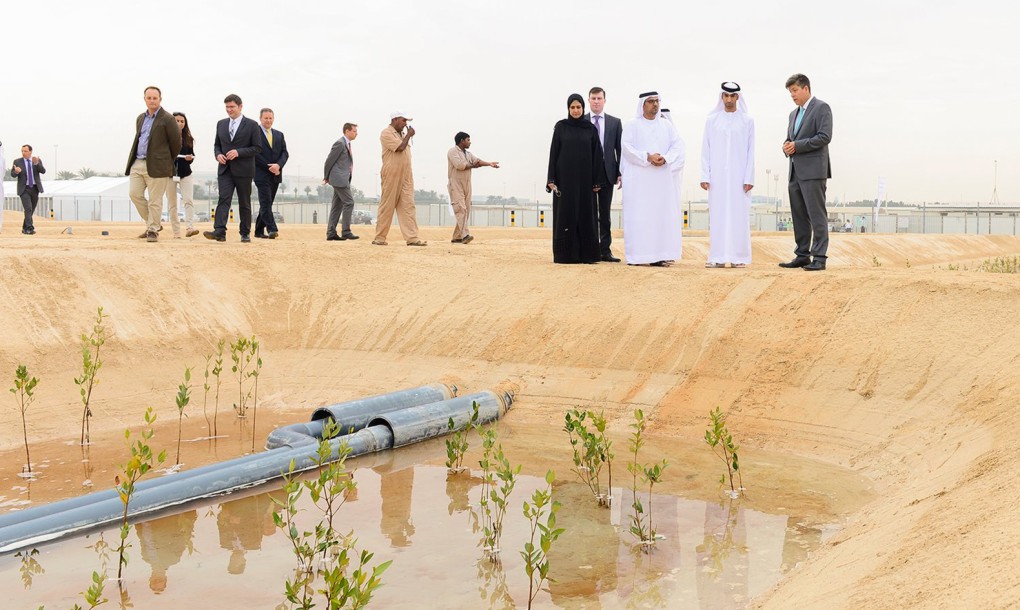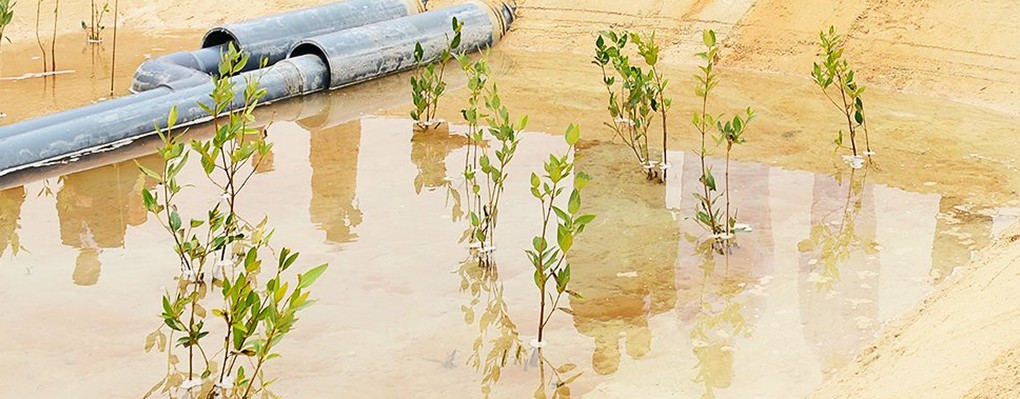RECOMMENDED VIDEOS

PJ Energy Services : KEEEN Bioremediation Agent - Oil,…
PJ Energy Services (M) Sdn Bhd

Fun'Ethic, eco-friendly, natural and organic Cosmetic…
Fun'Ethic

1054 Bamboo Desk Tidy, Stationery Box
Finoak Ltd

BioWash Cleaning Technology - Amazing Non-pressure Roof…
Smartseal UK Ltd

Ekokami Designer Bag
Ekokami
Related Stories
German city offers ingenious alternative to single-use coffee cups
These vegan “Star Wars” sneakers are made with discarded pineapple leaves
Loch sunglasses are made of 500-year-old timbers from the Great Lakes
Freitag Bags still going strong after 24 years
Norton Point makes stylish sunglasses from recycled ocean plastic
12 Mar, 2016

World’s first farm to grow food and fuel in the desert opens in Abu Dhabi
Eco Products & Services | UNITED ARAB EMIRATES | 09 Mar, 2016
Published by : Care To Trade
The world’s first research facility to grow both food and fuel just opened in the United Arab Emirates. Located on a 2-hectare site in Abu Dhabi, the desert facility uses coastal seawater irrigation to raise fish and shrimp for food, while growing salt-tolerant plants that can be harvested to create biofuel.
The facility is the work of the Masdar Institute‘s Sustainable Bioenergy Research Consortium, a group dedicated to helping the aviation industry reduce carbon emissions and transition to sustainable alternative fuel sources. The research group is a nonprofit collaborative effort between the university, aviation industry leaders Boeing and Etihad, and the petroleum supplier UOP Honeywell.

The project uses an ingenious approach to solve several environmental challenges posed by the aquaculture and aviation industries. For example, fish and shellfish are an incredibly important resource for many countries struggling to increase their domestic food security — but industrial fish farms produce waste products that often flow into the ocean. This wastewater is incredibly rich in nutrients, which cause harmful ocean algae blooms to flourish – and the resulting toxins can harm both humans and local animals.
The SBRC research facility, however, solves this problem by using the byproducts from aquaculture to grow salt-tolerant halophyte plants. These hardy plants thrive in arid conditions and can be transformed into sustainable jet fuel further down the line. So far, more than 2,000 commercial flights have already used biofuel blended with petroleum since 2011. In time, perhaps the need for fossil fuels could be eliminated completely.

After the wastewater has served its purpose irrigating the plants, what’s left is routed through a mangrove forest to remove the last traces of nutrients before it’s released back into the sea. The mangroves, nourished by the effluent runoff, will capture carbon from the atmosphere and help fight climate change. Removing nutrients from the water will also help prevent invasive algal blooms.
It’s hard to overstate just how powerful this approach could be if it’s proven to work. Areas of the world’s deserts be transformed into productive farmland without impacting precious freshwater reserves, and the facilities would reduce the carbon footprint of the aviation industry and create cleaner skies and healthier oceans at the same time. If the technology used in this facility proves to be effective at a smaller scale, SBRC plans to continue tests at a larger, 200-hectare site along Abu Dhabi‘s western coast.
Article by Julie M. Rodriguez from inhabitat.com
Read more environmental articles at inhabitat.com
